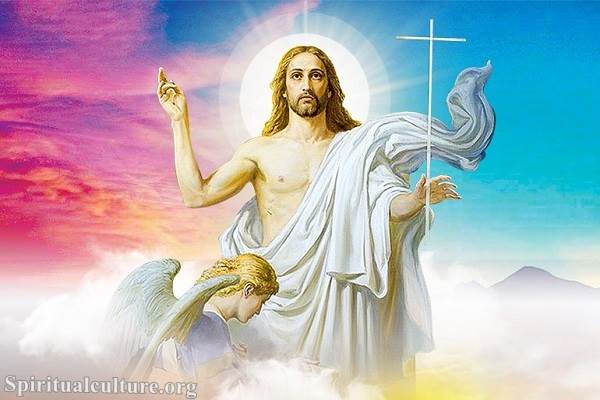These books are referred to as the “Deuterocanonical” books.
1. Book of Tobit
The book of Tobit is a book of the Catholic and Orthodox Old Testament that is not part of the Protestant Old Testament. The book is considered to be part of the “Apocryphal” books of the Old Testament. Tobit is a story about a devout Jewish man named Tobit who lives in exile in Assyria and has been blinded by bird droppings. He sends his son Tobias on a journey to retrieve the money he has left in Media, and Tobias is accompanied by the angel Raphael, who helps him overcome various challenges and ultimately restores Tobit’s sight.
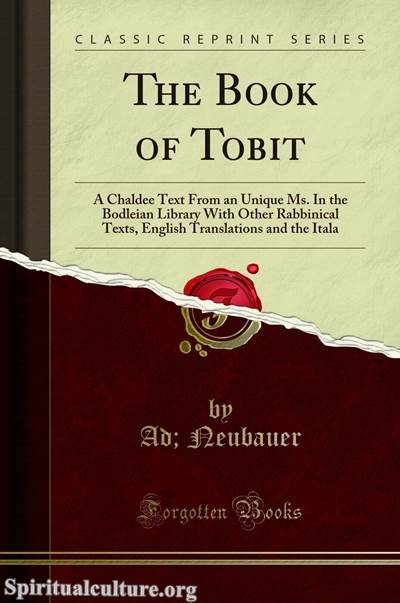
The book of Tobit is a work of fiction that emphasizes themes of piety, charity, and the power of prayer. The book is also notable for its emphasis on the importance of burial and its descriptions of Jewish customs and practices.
2. Book of Judith
The book of Judith is a book of the Catholic and Orthodox Old Testament that is not part of the Protestant Old Testament. The book is considered to be part of the “Apocryphal” books of the Old Testament. Judith is a story about a Jewish woman named Judith who lives in the time of Nebuchadnezzar, the Babylonian king. The Assyrian army has laid siege to the Jewish city of Bethulia, and Judith goes to the camp of the Assyrian general Holofernes to save her people. Through her beauty and wit, she gains Holofernes’ trust and then beheads him, thereby saving her people from destruction.
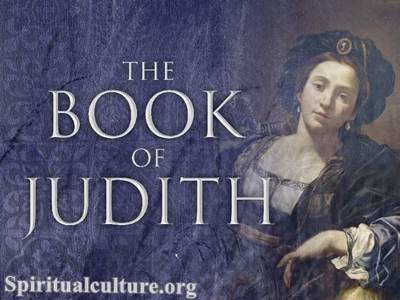
The book of Judith emphasizes themes of courage, piety, and the power of women. It is also notable for its celebration of Jewish nationalism and its depiction of Jewish resistance to foreign rule.
3. Book of Wisdom of Sirach
The Wisdom of Sirach, also known as Sirach or Ecclesiasticus, is a book of the Catholic and Orthodox Old Testament that is not part of the Protestant Old Testament. It is a book of wisdom literature that contains proverbs, sayings, and reflections on various aspects of life, including ethics, morality, and spirituality.

The book is written in the form of a teacher imparting wisdom to his students and emphasizes the importance of wisdom, good deeds, and obedience to the commandments of God.
The author of the book is believed to be Jesus ben Sira, a Jewish sage, and scribe who lived in Jerusalem in the 2nd century BCE.
4. Book of Baruch
The Book of Baruch is a book of the Catholic and Orthodox Old Testament that is not part of the Protestant Old Testament. The book is attributed to Baruch, who was a scribe and advisor to the prophet Jeremiah.
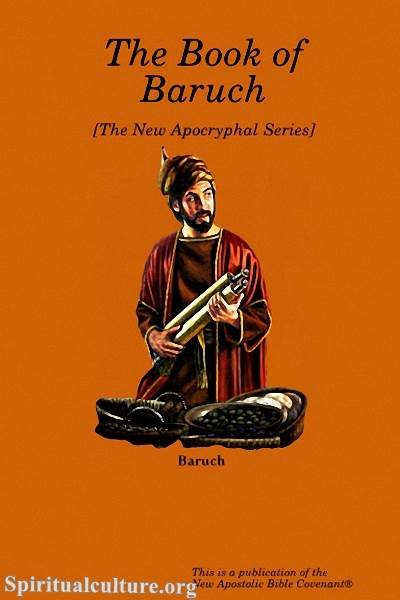
The book contains reflections on the Babylonian exile, the destruction of Jerusalem, and the future restoration of the Jewish people. It also contains a prayer for the restoration of Jerusalem and the forgiveness of sins.
The book emphasizes themes of repentance, hope, and the mercy of God. Overall, the Book of Baruch provides comfort and encouragement to the Jewish people in their time of exile and reminds them of God’s promise to restore them to their land.
5. Book of First Maccabees
The First Book of Maccabees is a historical book of the Catholic and Orthodox Old Testament that is not part of the Protestant Old Testament.

The book details the events of the Maccabean Revolt, which was a Jewish rebellion against the Seleucid Empire in the 2nd century BCE. The book covers the period from the reign of Antiochus IV Epiphanes, the Seleucid king who attempted to enforce Hellenistic religion on the Jews, to the defeat of his son Antiochus V and the establishment of the Hasmonean dynasty.
The First Book of Maccabees emphasizes themes of Jewish nationalism, religious freedom, and the courage and bravery of the Jewish warriors who fought for their faith and their people. The First Book of Maccabees also includes a narrative of the rededication of the Temple in Jerusalem, which is celebrated in the holiday of Hanukkah.
6. Book of Second Maccabees
The Second Book of Maccabees is a historical book of the Catholic and Orthodox Old Testament that is not part of the Protestant Old Testament.
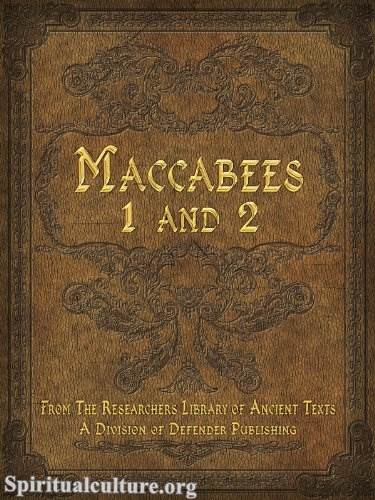
The book covers the same events as the First Book of Maccabees, but includes additional material and provides a more detailed account of the Maccabean Revolt and the establishment of the Hasmonean dynasty. The book includes accounts of miracles and divine interventions, emphasizing the idea that the Jewish people were protected and aided by God in their struggle against the Seleucids.
The Second Book of Maccabees also emphasizes themes of repentance, sacrifice, and the importance of observing religious practices, such as the keeping of the Sabbath and the observance of the Temple’s rites and sacrifices. The book also provides a moral lesson for the reader, encouraging them to be faithful in their obedience to God.
7. Books of Esther and Daniel
The books of Esther and Daniel are part of both the Catholic and Protestant Bibles. However, the Catholic Bible includes additional portions of both books that are not found in the Protestant Bible. These additional portions are referred to as the “Septuagint” or “Greek” versions of Esther and Daniel.
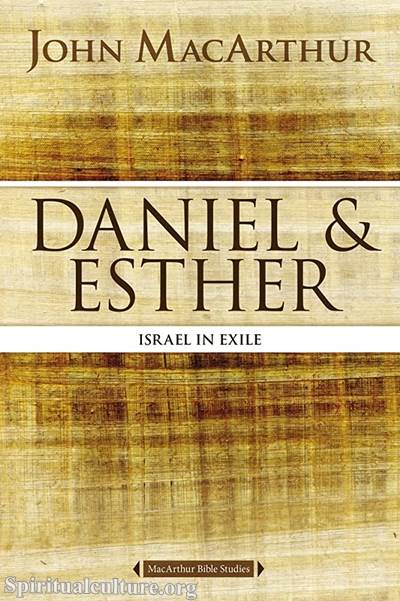
In the book of Esther, the additional portions provide more detail about the actions of the protagonist Esther, a Jewish queen who saves her people from extermination by the Persian king Ahasuerus. The additional portions also include prayers and hymns that are not found in the Protestant version of the book.
In the book of Daniel, the additional portions include stories and visions not found in the Protestant version of the book, such as the story of Susanna and the story of Bel and the Dragon. These additional portions are considered to be part of the “Apocryphal” books of the Old Testament and were not included in the Protestant canon of the Bible.


